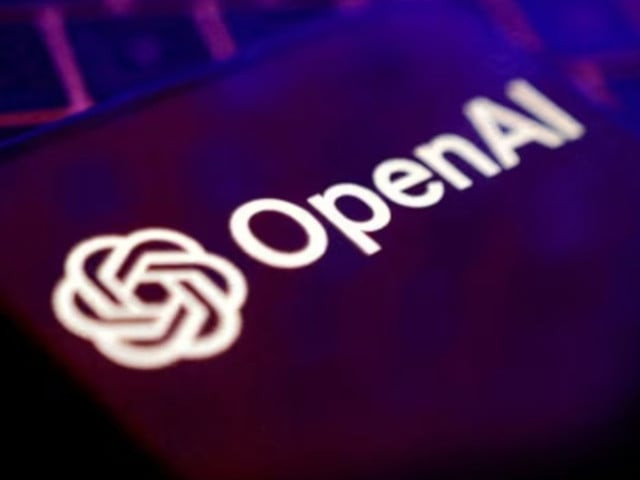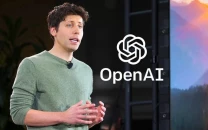OpenAI launches Codex for software engineers
Codex now accessible to users subscribed to ChatGPT Pro, Team, or Enterprise plans.

OpenAI has launched a research preview of Codex, its most advanced AI coding agent to date, marking a significant expansion of the company’s capabilities in AI-powered software engineering.
Announced on May 16, 2025, Codex is now available to subscribers of ChatGPT Pro, Team, and Enterprise, with plans to expand access to ChatGPT Plus and Edu users in the coming weeks.
Powered by Codex-1, a fine-tuned version of OpenAI’s o3 reasoning model, Codex is designed specifically for software engineering tasks.
According to OpenAI, Codex-1 produces “cleaner” code, follows instructions more precisely, and can autonomously test and debug until successful results are achieved.
Unlike previous autocomplete-style models, the new Codex functions as a cloud-based agent capable of running multiple tasks in parallel over longer periods.
Codex operates in a secure, sandboxed virtual environment and integrates directly with GitHub, allowing it to preload and interact with a user’s codebase.
Tasks such as writing new features, fixing bugs, answering code-specific questions, and generating pull requests can all be performed with minimal user intervention.
The AI agent can operate autonomously from one to 30 minutes, depending on task complexity, without restricting access to the user’s computer or browser.
OpenAI’s Agents Research Lead Josh Tobin described the new Codex as a step toward building AI systems that act like “virtual coworkers,” collaborating on complex engineering tasks instead of just providing short-form answers.
“Our vision is that ChatGPT becomes a true engineering assistant—handling hours or days of work independently,” Tobin said during a product briefing.
Users can assign tasks to Codex directly from ChatGPT’s interface by entering a prompt and selecting the “Code” option.
They can also ask questions about specific code files by clicking the “Ask” button. Below the prompt bar, users can track all active and completed tasks, offering transparency into Codex’s progress and decision-making.
OpenAI is also rolling out updates to Codex CLI, its open-source coding agent that runs in developers’ terminals.
The tool now uses the o4-mini model, optimised for coding tasks, and is available through the OpenAI API at a rate of $1.50 per 1 million input tokens and $6 per 1 million output tokens.
In terms of safety, OpenAI says Codex has been designed to refuse requests to build malicious software and operates in an air-gapped environment with no internet or external API access, reducing the risk of misuse.
Despite these protections, the company acknowledges that AI coding systems still make mistakes, citing a Microsoft study showing even leading models struggle with consistent software debugging.
The launch comes amid surging demand for AI-powered developer tools, with major tech firms and startups vying for dominance in the space.
Competitors such as Anthropic’s Claude Code, Google’s Gemini Code Assist, and tools like Cursor and Windsurf are seeing rapid growth.
Cursor reportedly reached an annualised revenue of $300 million and is seeking funding at a $9 billion valuation.
Notably, OpenAI is rumoured to have acquired Windsurf, a rival coding platform, for $3 billion—a move seen as both a consolidation strategy and a signal of OpenAI’s ambition in the software engineering domain.
Codex’s launch is part of a broader effort to transform ChatGPT into a multi-functional AI platform. Alongside Codex, OpenAI has recently added new agents such as Sora for video, Deep Research, and Operator for web browsing—benefits now bundled with ChatGPT’s subscription tiers.
With the debut of Codex, OpenAI aims to position itself as a dominant force in the next generation of developer tools, where AI agents work not just as assistants but as fully capable coding collaborators










1726054615-0/OpenAI-(2)1726054615-0-208x130.webp)














COMMENTS
Comments are moderated and generally will be posted if they are on-topic and not abusive.
For more information, please see our Comments FAQ